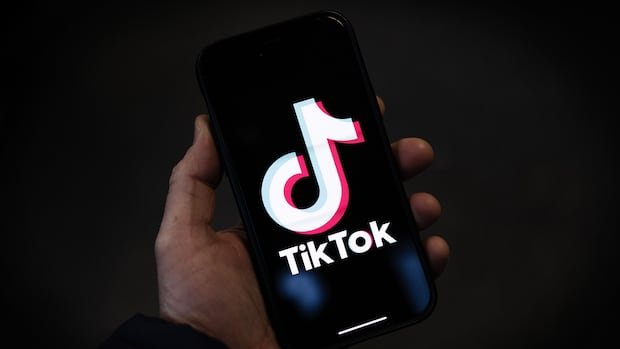The U.S. Supreme Court ruled against TikTok on Friday in its challenge to a federal law requiring the popular short-video app be sold by its Chinese parent company ByteDance or be banned in the United States on Sunday.
The justices ruled that the law did not violate the U.S. Constitution’s First Amendment protection against government abridgment of free speech. The justices overturned a lower court’s decision that had upheld the measure after it was challenged by TikTok, ByteDance and some of the app’s users.
ByteDance was given until Jan. 19, 2025, to find an American owner for the app or face going dark in the U.S., under bipartisan legislation signed last year by outgoing President Joe Biden.
The Supreme Court acted speedily in the case, having held arguments on Jan. 10, just nine days before the deadline set under the law.
The Biden administration has said the law targets control of the app by a foreign adversary, not protected speech, and that TikTok could continue operating as-is if it is freed from China’s control.
Government argues China could ‘weaponize’ app
During arguments in the case, Justice Department lawyer Elizabeth Prelogar said Chinese government control of TikTok poses a “grave threat” to U.S. national security, with China seeking to amass vast quantities of sensitive data on Americans and to engage in covert influence operations.
Prelogar said China compels companies like ByteDance to secretly turn over data on social media users and carry out Chinese government directives.
TikTok’s immense data set, Prelogar added, represents a powerful tool that could be used by the Chinese government for harassment, recruitment and espionage, and that China “could weaponize TikTok at any time to harm the United States.”
With a possible ban on TikTok set to take effect in the U.S. as early as Sunday, Metro Morning heard from two GTA influencers about the potential ripple effects on Canadian creators.
President-elect Donald Trump — who will be inaugurated on Monday — once set the stage for TikTok’s removal from American app stores while president in 2020, on national security grounds, but has since said ahead of his second term he does not want to see the app that has more than 100 million monthly average users in the U.S. shut down.
China and the United States are economic and geopolitical rivals, and TikTok’s Chinese ownership for years has raised concerns among American leaders.
Trump said on social media he had a good discussion on Friday with Chinese leader Xi Jinping on a number of issues, including trade, fentanyl and TikTok, without elaborating.
Speaking before Friday’s ruling was handed down, Anupam Chander, a professor at Georgetown University’s Georgetown Law School who has followed the issue, told Reuters that Trump could issue an executive order, invoking the sweeping International Emergency Economic Powers Act.
Trump could claim the move would keep users from fleeing to Chinese app RedNote, which is run directly from China and subject to Communist Party censoring, he said.
With a potential U.S. TikTok ban just days away, Donald Trump’s incoming national security advisor says the president-elect will find a way to preserve the platform. Meanwhile, content creators are flocking to another Chinese-owned app known in English as Rednote in protest.
Such a scenario would not be without its challenges, Chander said.
“I don’t want to say it’s illegal,” he said. “It’s creative and it’s an affront to Congress, but when you give the president open-ended national security authority, he might exercise it in unexpected ways.”
Billionaire businessman Frank McCourt’s Project Liberty initiative has said it and its unnamed partners have presented a proposal to ByteDance to acquire TikTok’s U.S. assets. The consortium, which includes Shark Tank host Kevin O’Leary, did not disclose the financial terms of the offer.
Trump’s former treasury secretary Steve Mnuchin in 2024 also expressed interest in investigating a bid with an investor group.
Read the U.S. Supreme Court decision:

